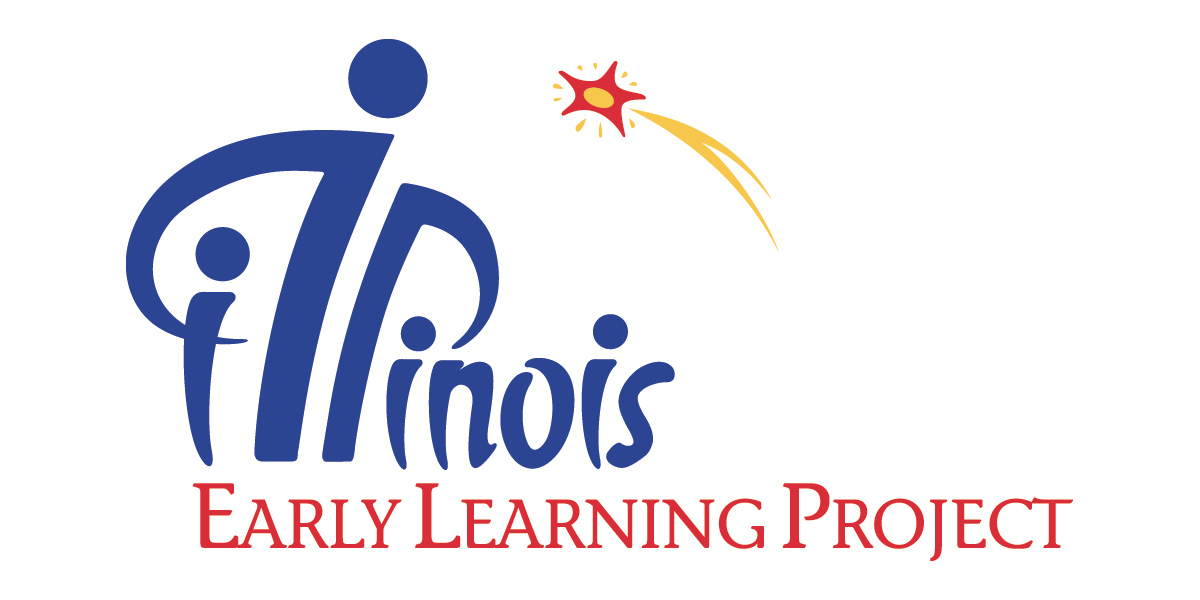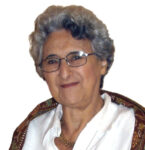
Those of us who are raising and teaching children may sometimes have to say to them something like, “I know this doesn’t seem to be useful right now. But, trust me! There will be a time when you will be glad you learned it.”
Some years ago, I read about some interesting research related to what adults think about their training after they have begun work in the field (Neel, 1978). Graduates of a master’s program in business education were asked a series of questions about how valuable they thought certain aspects of their program had been.
Especially interesting were differences in the participants’ retrospective evaluations of their business training and education. The graduates who had less than 5 years of experience wished that they had had more practicum or “on-site” training—actual experience in the field. Those with 5 to 10 years of experience said that they would have liked more training related to how to get along with co-workers, etc. Those who had 10 to 15 years of work experience indicated that they would have liked additional courses in philosophy, ethical matters, and how to live a good life.
As parents and as teachers (including teachers of teachers), we often have to deal with this issue, which is sometimes called the “feed-forward” problem. That is:
- Much that is taught seems irrelevant to students while they are actually studying it, but it will become relevant and useful later on in ways that they have not anticipated.
- Some of what students learn during training seems useful, practical, and helpful, but later—during actual practice—it seems irrelevant to the issues they encounter.
This leads me to wonder how you, as teachers of young children, would evaluate many aspects of your own training as you look back on it—including any training related to the Project Approach. With some colleagues, I’m starting a research project on the topic and would be very glad to hear from you on these issues.
Below are our research questions:
- As you look back on the training you had before you began teaching, what elements of it do you now see as helping you in your work today? Please give some examples.
- What elements seemed boring or useless when you were a student but that now as a practitioner you are glad to have had them? Please give some examples.
- What elements seemed engaging or interesting at the time but have been of little use to your actual practice?
- Now that you have had some teaching experiences, what kinds of topics and/or experiences would you strongly recommend for a training program? Can you tell us your reasons for these recommendations?
- What kind of early care or education setting do you work in now (for example, Head Start, PreK, child care, kindergarten)?
- What position do you now hold (for example, teacher, teaching assistant, early intervention specialist)?
- How long have you been working in early childhood education?
Reference
- Neel, C. C. Warren. (1978). Business school curriculum design: Some issues of concern. Phi Kappa Phi National Forum, 63(3), 7–10.


 Printer-friendly PDF
Printer-friendly PDF Lilian Katz
Lilian Katz
 PDF para imprimir
PDF para imprimir